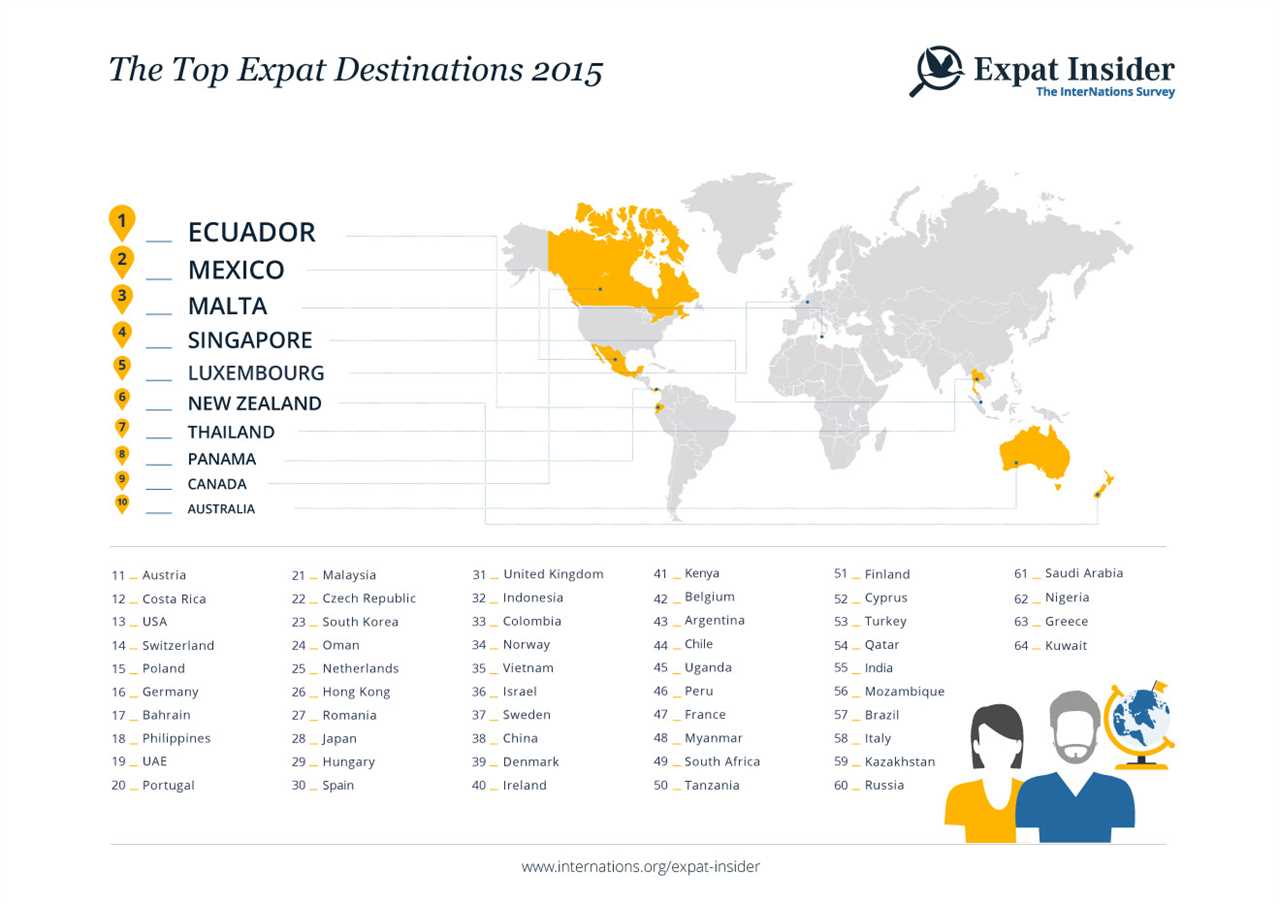Immerse and Engage: Cultural Experiences for Expats

As an expat, navigating global medical systems can be a daunting task. From finding reliable local clinics to understanding hospital rankings in different countries, there are many aspects to consider.
In this blog post, I will explore the importance of international insurance for expats and delve into the growing trend of medical tourism. Additionally, I will provide insights on how to navigate vaccination requirements and offer tips for choosing the right international insurance plan.
Join me as we ensure access to quality healthcare while serving others as expats.
Key Takeaways
- International insurance for expats ensures access to quality healthcare while living abroad and provides comprehensive coverage for health and well-being.
- Finding reliable local clinics abroad requires researching the clinic’s reputation, checking for accreditation, considering language barriers, and evaluating the range of services offered.
- Hospital rankings in different countries provide information about the quality of care and patient outcomes, helping individuals make informed decisions about medical treatment abroad.
- Medical tourism offers cost savings, high-quality healthcare services, accessibility to specialized treatments, and the opportunity to combine treatment with travel, providing valuable insights for individuals seeking healthcare services abroad.
- Navigating vaccination requirements for expats involves understanding the specific requirements of the host country, complying with varying immunization schedules and regulations, and recognizing the vital role vaccinations play in preventing outbreaks and maintaining public health standards.
The Importance of International Insurance for Expats
International insurance is crucial for expats to ensure they have access to quality healthcare while living abroad. As an expat myself, I understand the importance of having comprehensive coverage that protects my health and well-being in a foreign country.
International insurance provides peace of mind knowing that I can receive medical treatment without worrying about exorbitant costs or limited options. It allows me to choose from a wide network of reputable healthcare providers, whether it’s a local clinic or a renowned hospital.
Moreover, international insurance often covers emergency medical evacuation, which is essential in case of severe illness or injury requiring specialized care.
Finding Reliable Local Clinics Abroad
When looking for reliable clinics abroad, it’s important to consider factors such as reputation and accreditation. As an expat, finding quality healthcare in a foreign country can be challenging but not impossible. Here are four key things to keep in mind when searching for local clinics:

-
Research the clinic’s reputation: Look for testimonials or reviews from other expats or locals who have used their services. This will give you an idea of the clinic’s reliability and customer satisfaction.
-
Check for accreditation: Ensure that the clinic has been accredited by recognized medical organizations or governing bodies. Accreditation ensures that the clinic meets certain standards of care and safety.
-
Consider language barriers: Find out if the staff at the clinic speaks English or if there are translators available. Effective communication is crucial when it comes to receiving proper healthcare.
-
Evaluate the range of services offered: Make sure that the clinic provides a comprehensive range of medical services, including specialized treatments or procedures that you may require.
By considering these factors, you can increase your chances of finding a reliable local clinic abroad.
Now let’s delve into understanding hospital rankings in different countries…
Understanding Hospital Rankings in Different Countries
If you’re planning to seek medical treatment abroad, it’s essential to understand how hospitals are ranked in different countries. Hospital rankings can provide valuable information about the quality of care and patient outcomes.

In some countries, hospital rankings are based on factors such as patient satisfaction, safety measures, and clinical outcomes. These rankings can help you make informed decisions about where to seek medical treatment while living or traveling overseas.
When researching hospital rankings, it’s important to consider the specific criteria used in each country. Some countries have national ranking systems that evaluate hospitals based on a variety of factors, while others rely on international organizations like the World Health Organization (WHO) or Joint Commission International (JCI). These organizations assess hospitals based on strict standards for patient safety and quality of care.
Exploring the Growing Trend of Medical Tourism
Exploring the growing trend of medical tourism can provide valuable insights for individuals seeking healthcare services outside their home country. As someone who desires to serve others, it’s important to be knowledgeable about this topic. Here are four key points to consider:
-
Cost savings: Medical treatments in certain countries can be significantly cheaper than in your home country, making medical tourism an attractive option for those looking to save money.
-
Quality of care: Many renowned hospitals and clinics around the world offer high-quality healthcare services, often surpassing the standards of some local facilities.
-
Accessibility to specialized treatments: Medical tourism allows patients to access specialized treatments or procedures that may not be available or easily accessible in their home country.
-
Combining healthcare with travel: Medical tourists have the unique opportunity to combine their treatment with a vacation, exploring new destinations while receiving necessary medical care.

Navigating Vaccination Requirements for Expats
Understanding the vaccination requirements for individuals living abroad can help expats ensure they are properly protected against preventable diseases. As an expat myself, I know how crucial it is to stay up-to-date with vaccinations when living in a foreign country.
Different countries have varying immunization schedules and regulations, so it’s important to research and comply with the specific requirements of your host country. This will not only protect your health but also contribute to the overall well-being of the community you are living in. Vaccinations play a vital role in preventing outbreaks and maintaining public health standards.
Now that we understand the importance of vaccinations, let’s explore some tips for choosing the right international insurance plan to further safeguard our health while living abroad.
Tips for Choosing the Right International Insurance Plan
Choosing the right international insurance plan is crucial for expats living abroad. As someone who has experienced the challenges of navigating healthcare systems in different countries, I understand the importance of having comprehensive coverage. Here are four tips to help you choose the right international insurance plan:
-
Assess your needs: Consider factors such as your age, medical history, and lifestyle when selecting a plan. Determine if you need coverage for pre-existing conditions or specialized treatments.
-
Research coverage options: Look for plans that offer global coverage, including medical emergencies, hospitalization, prescription drugs, and preventive care. Ensure that the plan includes evacuation and repatriation services.
-
Check network providers: Find out if the insurance company has a wide network of hospitals and clinics in your destination country. This will ensure easy access to quality healthcare.

-
Evaluate customer service: Read reviews and testimonials about the insurance provider’s customer service reputation. Prompt assistance in claim processing can make a significant difference during emergencies.
Ensuring Access to Quality Healthcare as an Expat
As an expat, it’s important to have access to quality healthcare in your destination country. Moving abroad can be exciting, but it also comes with its own set of challenges, particularly when it comes to healthcare. Ensuring that you have access to good medical facilities and services is crucial for your well-being and peace of mind.
When living as an expat, one of the first steps you should take is to research and identify reputable local clinics and hospitals in your new country. Look for facilities that have a good reputation, experienced doctors, and a range of specialties. Additionally, consider the rankings of different hospitals in the area to help guide your decision-making process.
Another aspect to consider is international insurance coverage. Having comprehensive health insurance that covers both emergencies and routine care is essential for any expatriate. It provides financial protection against unexpected medical expenses and ensures that you can receive treatment without worrying about financial burdens.
It’s also worth considering if medical tourism is common or popular in your destination country. Some countries are known for their advanced medical treatments at lower costs compared to other nations. Researching this option can help you make informed decisions about where to seek specialized care if needed.
Lastly, don’t forget about vaccination requirements before moving abroad. Different countries may have different vaccination schedules or specific vaccines required for entry or residency purposes. Check with reliable sources such as government websites or consult with a travel medicine specialist who can provide accurate information tailored to your destination.
Frequently Asked Questions
How Can I Find Reliable Local Clinics Abroad That Cater to Expats’ Healthcare Needs?
I found reliable local clinics abroad that cater to expats’ healthcare needs by researching online, asking for recommendations from other expats, and checking if they accept international insurance. It’s important to prioritize quality and convenience when choosing a clinic.

What Factors Should I Consider When Comparing Hospital Rankings in Different Countries?
When comparing hospital rankings in different countries, I consider factors such as patient outcomes, quality of care, reputation, and accreditation. It’s crucial to rely on reputable sources and consult with healthcare professionals for accurate information.
What Are Some Popular Destinations for Medical Tourism and What Are the Advantages and Disadvantages of Seeking Medical Treatment in These Locations?
Some popular destinations for medical tourism include Thailand, Mexico, and India. Advantages of seeking treatment in these locations may include lower costs and shorter waiting times. However, language barriers and quality control can be disadvantages to consider.
Are There Any Specific Vaccination Requirements That Expats Need to Be Aware of Before Moving to a New Country?
Before moving to a new country, expats should be aware of specific vaccination requirements. These can vary depending on the destination and may include vaccines for diseases like yellow fever, typhoid, hepatitis, and more.
How Can I Ensure That the International Insurance Plan I Choose Provides Comprehensive Coverage for My Healthcare Needs as an Expat?
I can ensure comprehensive coverage by researching and comparing international insurance plans. It’s important to consider factors like network of local clinics, hospital rankings, and medical tourism options. Vaccination requirements should also be taken into account.











































